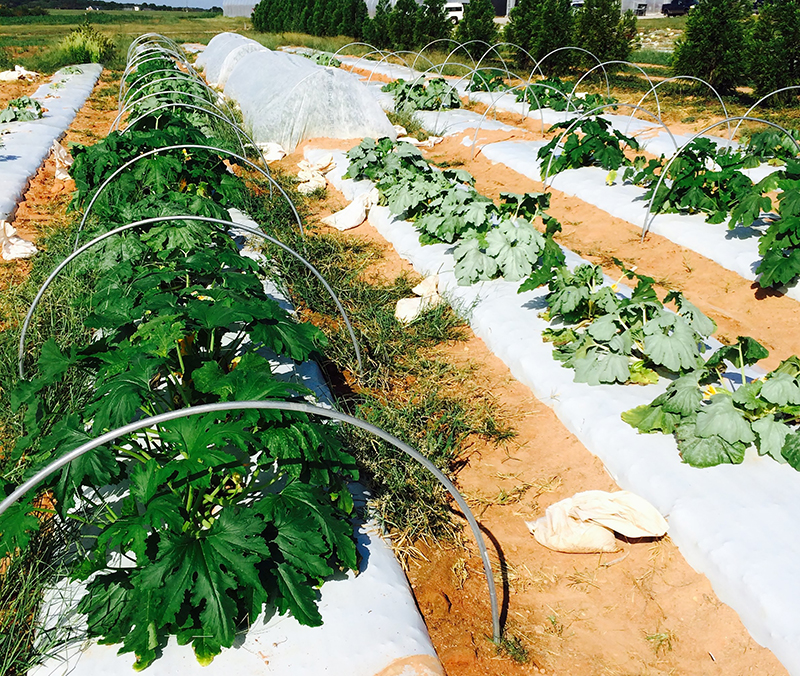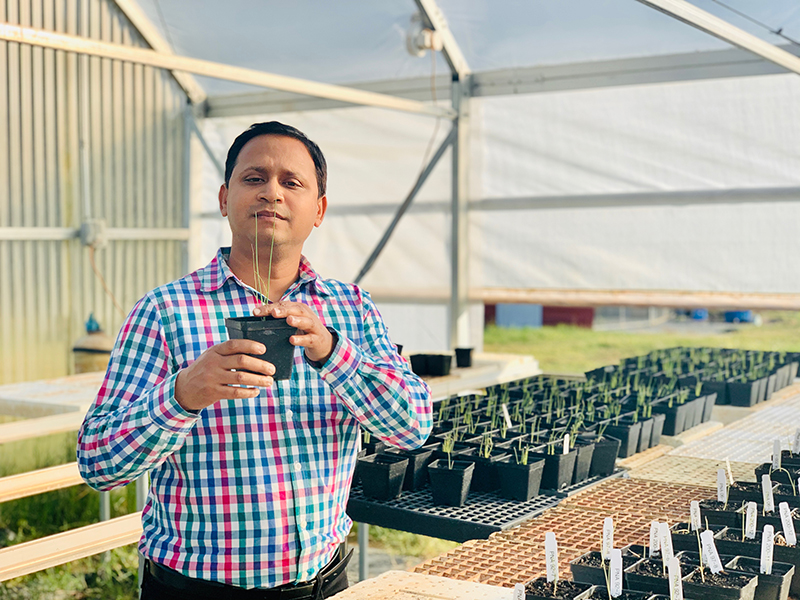 CAES News
CAES News
Organic Onion Production
A U.S. Department of Agriculture (USDA) National Institute of Food and Agriculture (NIFA) Organic Transition grant is funding a study of management options for center rot disease in organic onion production in Georgia and Michigan. The study is headed by University of Georgia Cooperative Extension plant pathologist Bhabesh Dutta and researchers from Michigan State University.

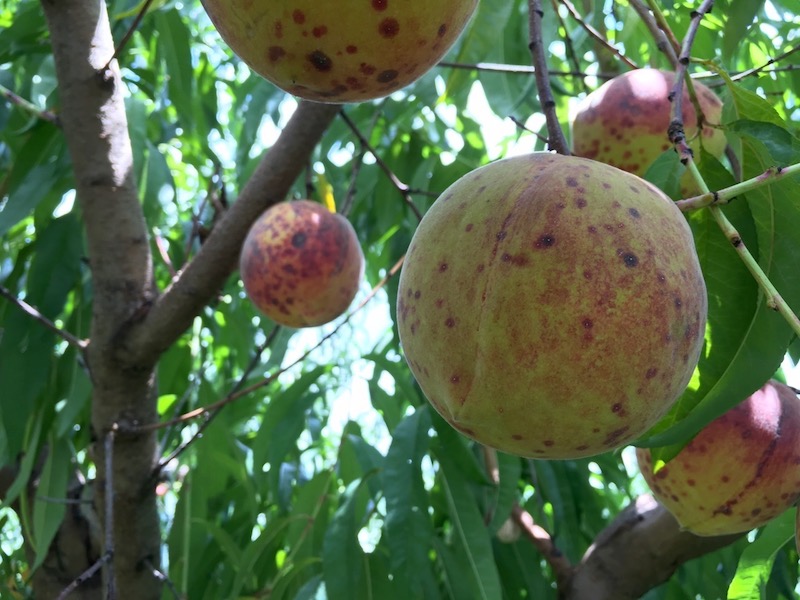
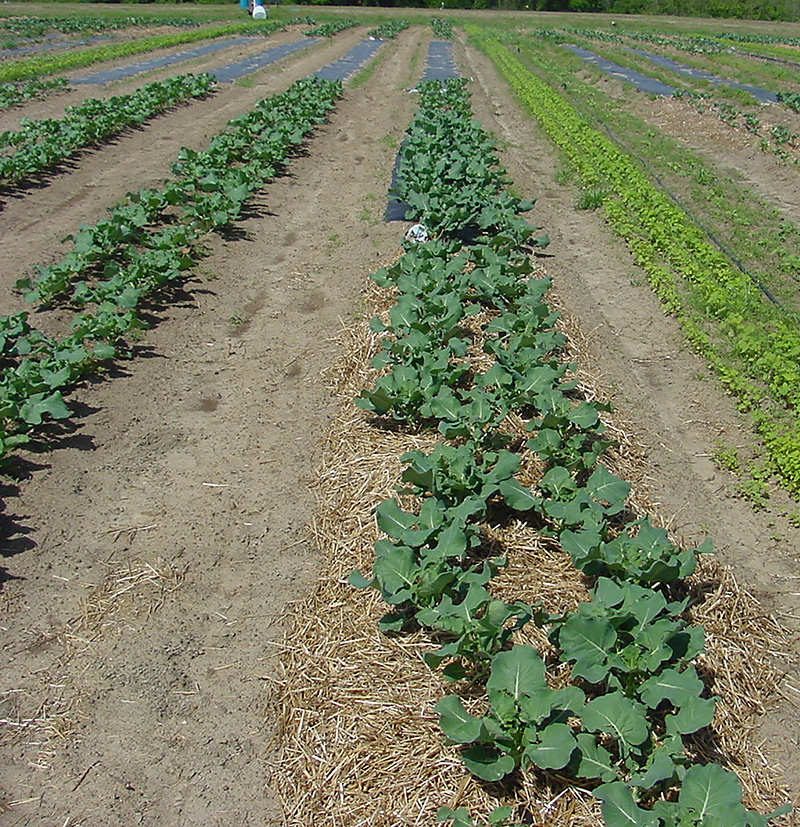
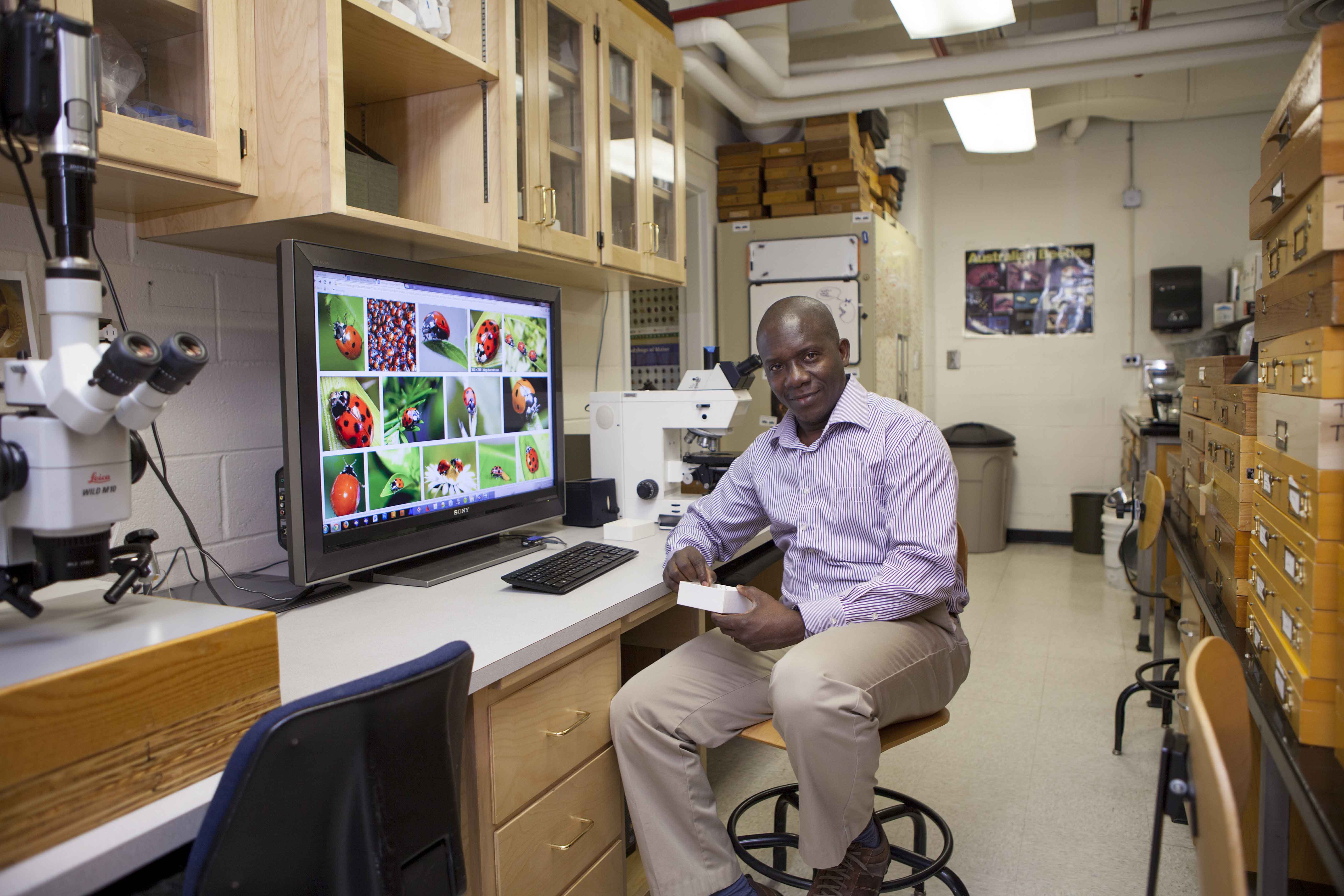
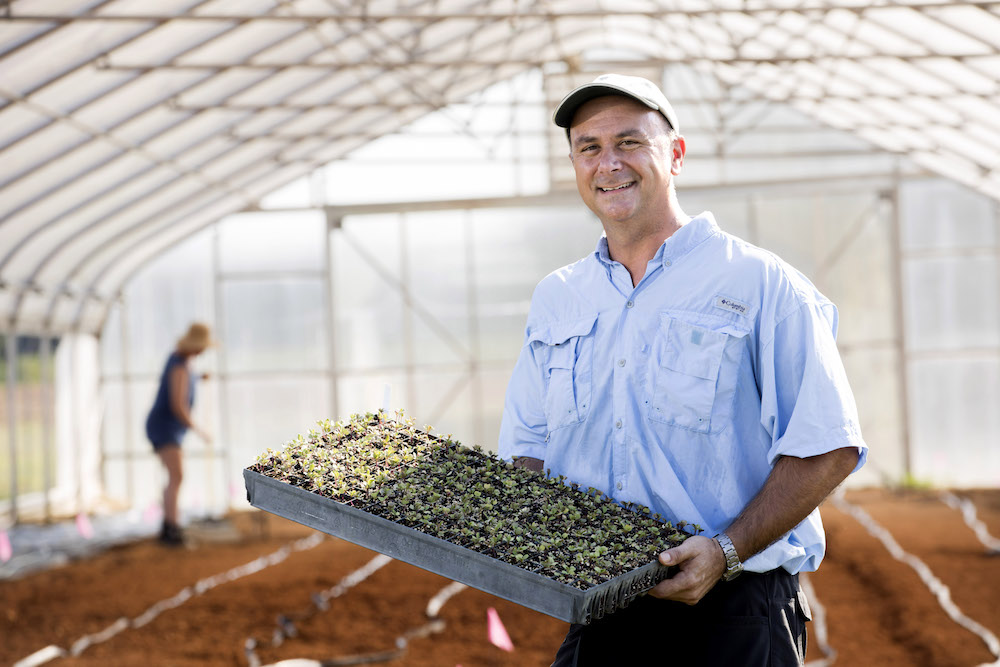
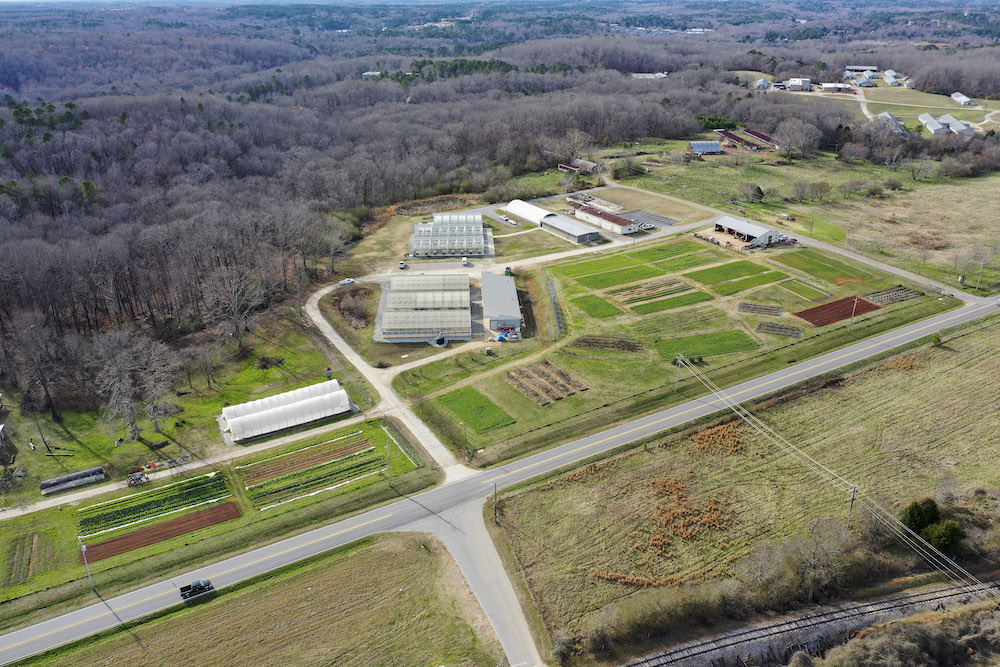
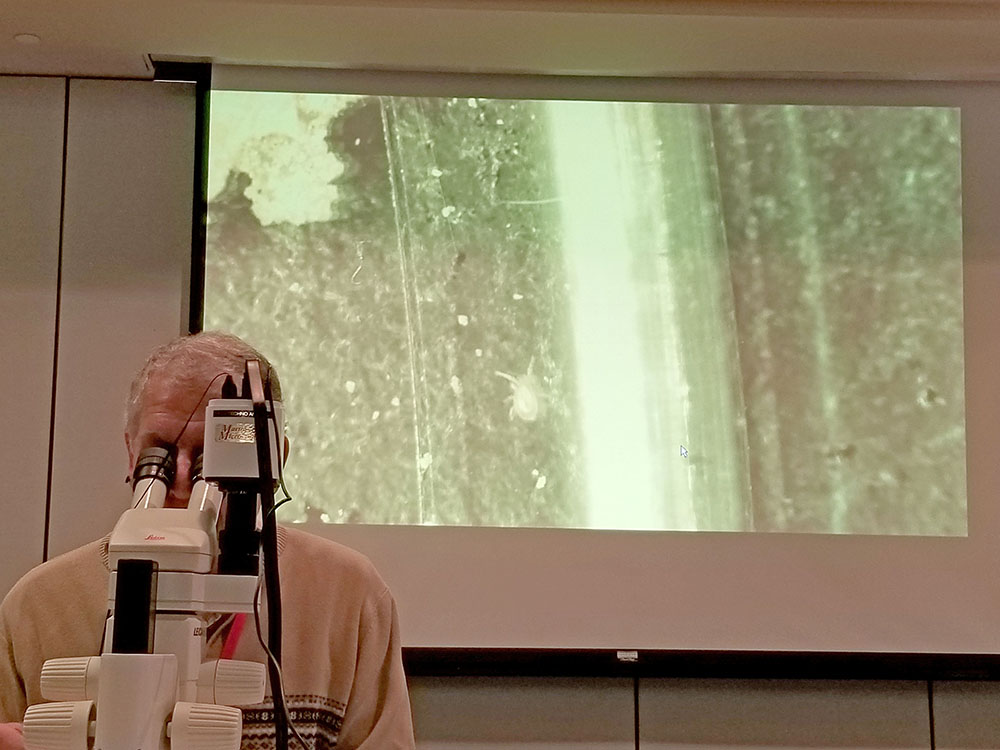
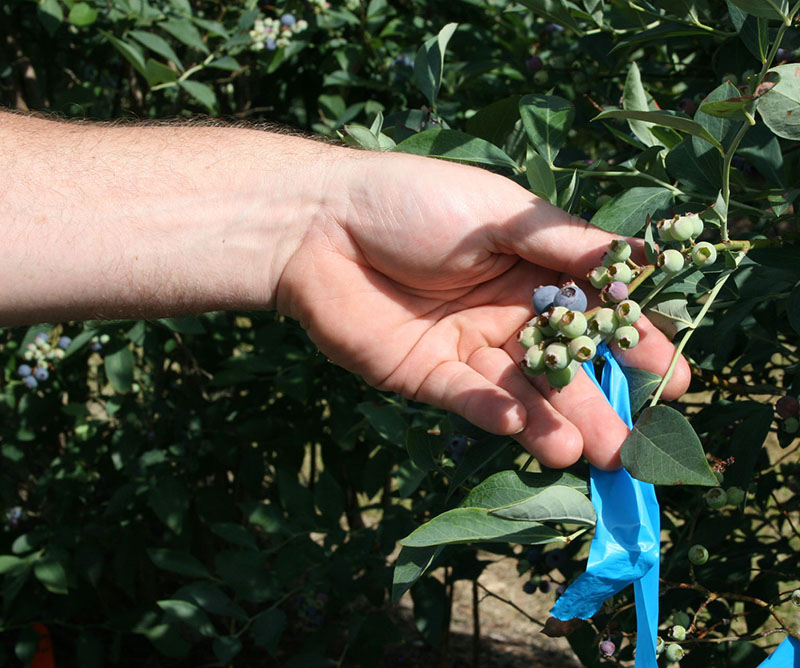
SMALL.jpg)
